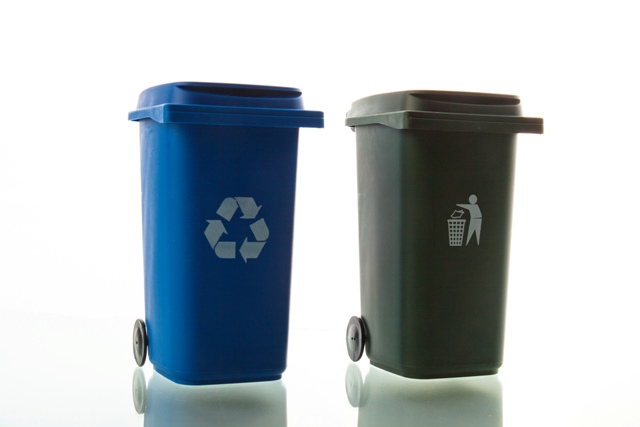Unlike its property tax rates, the City of Castlegar’s curbside collection and disposal rates are going down.
The City’s solid waste program is a self-funded model. Residents are billed quarterly for the costs of garbage, organics, and recycling pickup and disposal, as well as the operation of the yard waste facility.
In December 2024, council opted to close its yard waste facility, effective March 31. The closure will result in a decrease in the yard waste facility fee required to fund three months of operations, which will be eliminated in 2026.
Recycling collection rates are also going down. The City’s Manager of Finance, Aimee Uklenbrauck, told council on March 17 that this is due to an increase in the financial incentive provided to the City by Recycle BC.
“This is due to the updated statement of work from Recycle BC, which includes an increased subsidy that the City receives to provide recycling pickup.”
As a result of these changes, the average single-family dwelling in Castlegar will see a net annual decrease of $8.74 for curbside collection and disposal services.
The rate changes will take effect on April 1 and will be reflected in July’s utility bill.
The impacts of the rate changes are as follows:

Be the first to know! Don’t miss out on breaking news and daily updates in your area. Sign up to MyKootenayNow News Alerts.






